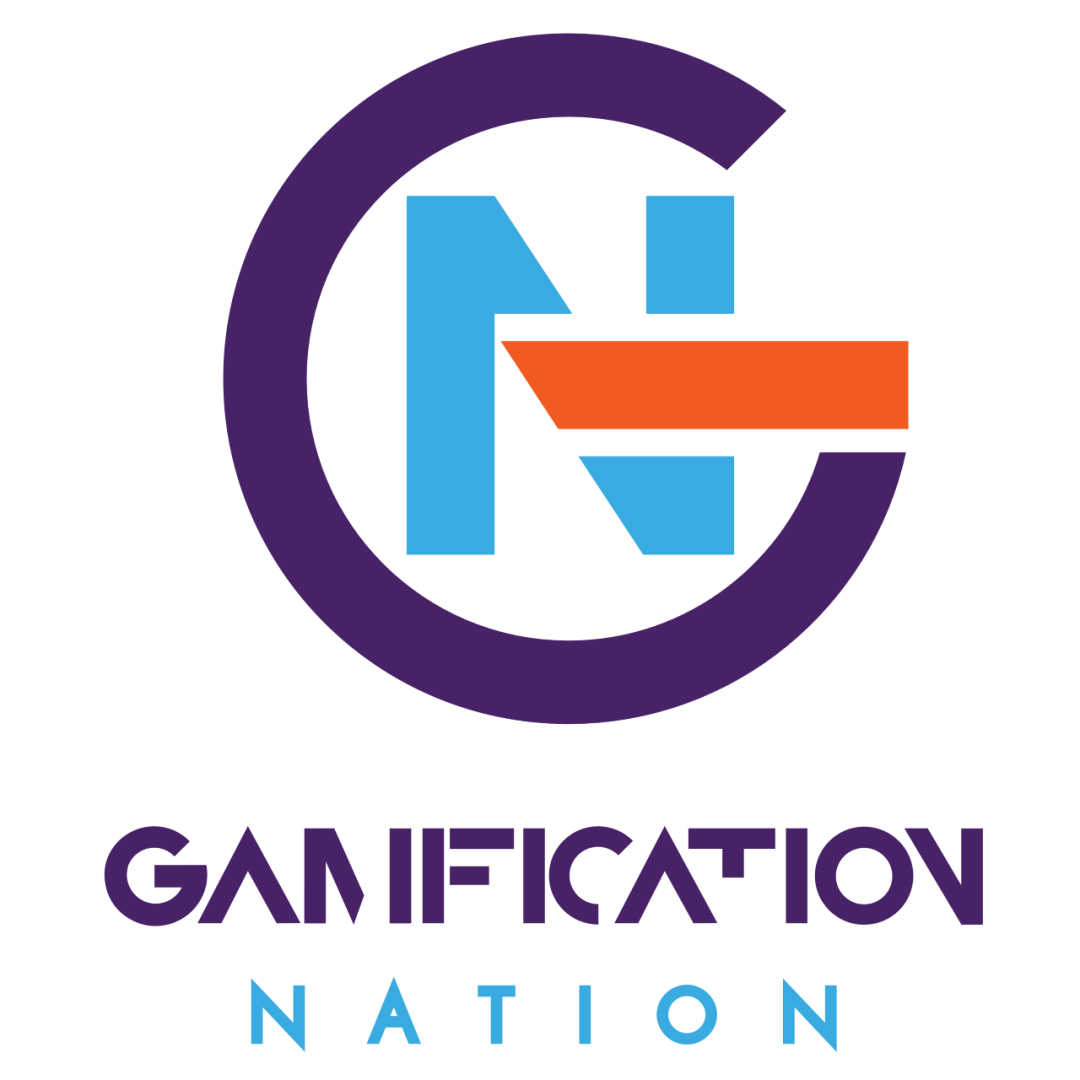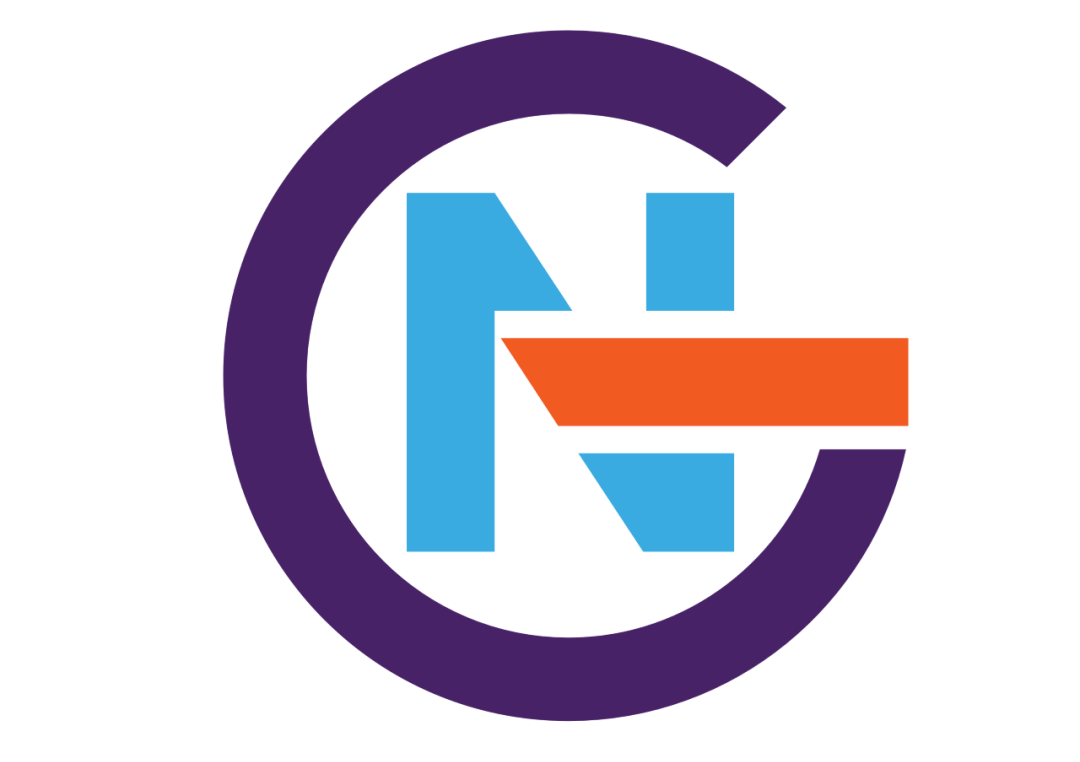Time challenge is a funny motivator. I think we have all been there in the lead up to a deadline or a holiday, that sprinting to the finish line makes us more productive. There are colloquial sayings that if you want to get something done is to give it a to a busy person. In gamification, we would call this a time scarcity technique.
From a motivational perspective, we have a desire to deliver on time or a desire “not” to be late or let people down. It is probably thought in most cultures that timeliness is a sign of respect and lateness a sign of disrespect. It is therefore not a surprise that we try to comply. The other factor playing in this equation is the potential guilt of not delivering or a feeling of incompetence or a combination of all the just mentioned.
If we wanted to voluntarily use the time scarcity technique to deliver at peak performance on a regular basis, we would need to be able to re-create the same conditions. A deadline where people are waiting for you, could be what it takes for some, which means having an accountability partner somewhere. Others are quite happy to use tools like for example Pomodoro where you work in focused sprints, typically 25 minutes with a 5-minute break at the end.
I like to group my tasks by the energy required and then have a focus hour. The energy for accounting is detailed, the energy for writing more creative, etc.
In a world where interruptions are built in by apps and continue to exist in open plan workplaces via colleagues, we have to find our coping mechanisms to stay performing. I always like to gamify my performance with mini-rewards such as a cup of coffee or a walk or other small items relevant to the size of the task or the resource availability.
The state you reach when your holiday is pending, and you have a full list of things to get through before heading out to go on holiday, tends to be the mental challenge standing between you and your flight. Re-creating that mental state when you aren’t actually going on holiday requires a bit of focus. In this case, it really becomes an internal motivator to want to complete things in certain time frames. I would call it the inner game of work productivity.
Most successful people in work have managed to work out, how they can work to their best ability. Whether that requires their tasks to be broken down into bitesize chunks and with mini-rewards or focused work timer fun, either way, they have found what works for them.
What is your inner game of work for productivity?
https://gamificationnation.com/what-should-a-call-centre-focus-on-in-gamification-for-their-employees/



